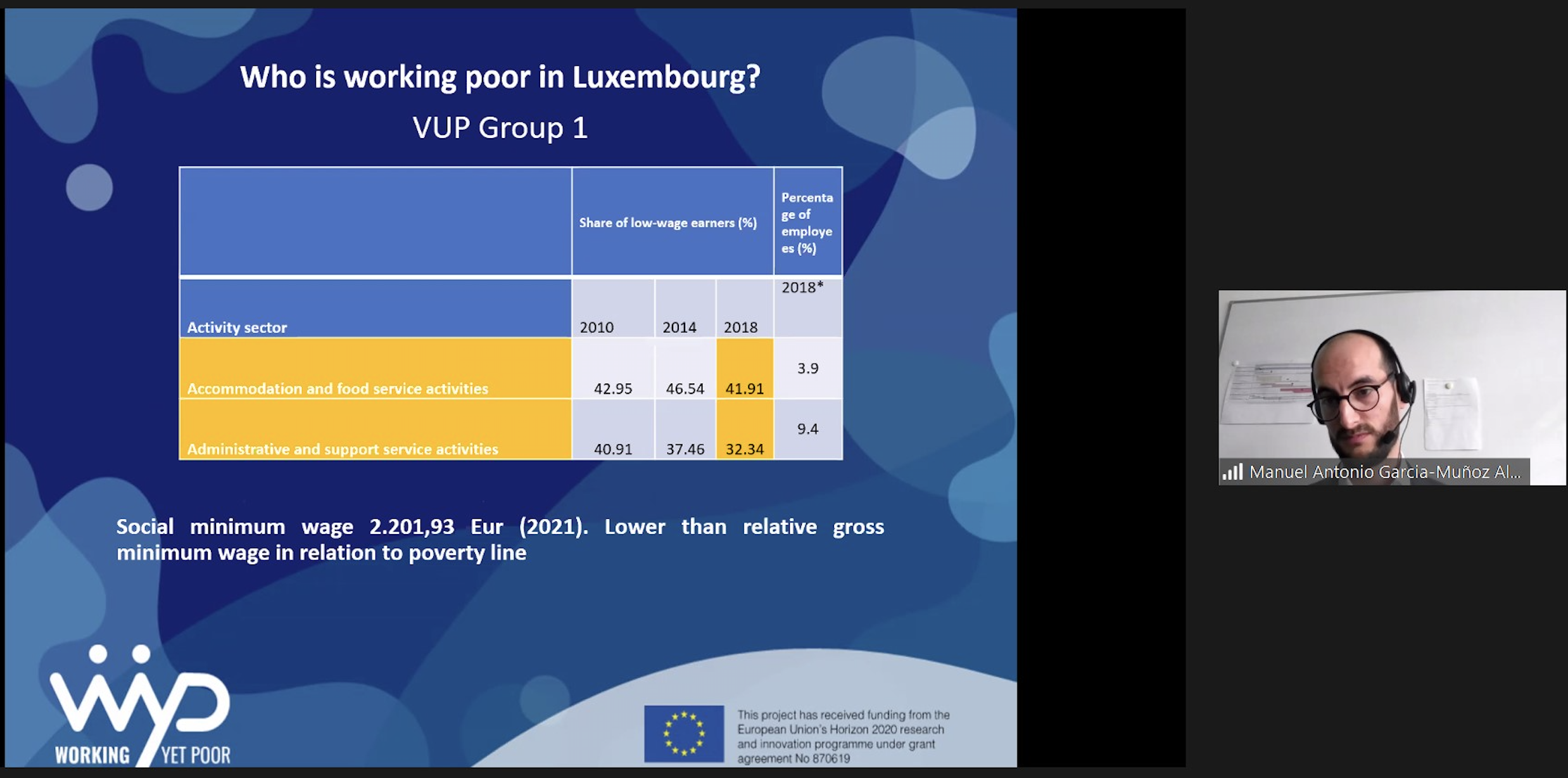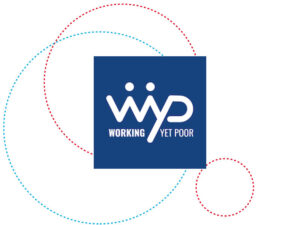The European Pillar of Social Rights (EPSR) aims at granting all workers “fair and adequate wages” as well as an “adequate protection for all kinds of employment”. But what does the reality look like for millions of EU citizens who are either in low wage employment, part of the “gig” economy, are solo self-employed or who work under a flexible work contract? These vulnerable and underrepresented groups are far more likely to experience in-work poverty.
A large-scale project for a deeper understanding of in-work poverty in the EU
The Horizon2020-funded project Working, Yet Poor (WorkYP), which began in February 2020, is focused on the increasing social trend of working people at risk or below the poverty line in the European Union. Along with a consortium of nine universities and three social rights institutions, project teams from around Europe have been analysing how the rise of in-work poverty affects economic stability, social cohesion, and the very concept of the EU citizenship. Project coordinator, Associate Professor Luca Ratti is specialised in European and comparative labour law at the University of Luxembourg.
Seven representative European countries were selected by researchers for analysis based on their geographical area, as well as their different social systems and legal framework. Among them, Sweden, Italy, The Netherlands, Belgium, Poland, Germany, and Luxembourg. On 2 July 2021, the project team released the first National Report, which dealt with Luxembourg, during the Conference Nationale sur la Pauvreté au Travail.
A clearer picture of the working poor in Luxembourg
Luxembourg, a country known for its attractive wages, relative safety and high standard of living, can also claim one of the highest levels of in-work poverty in the EU (12.1% in 2019). Non-Luxembourgish nationals, low-skilled workers working in low-wage sectors, workers with a temporary or part-time contract and single earners with children are all more likely to experience in-work poverty.

Dr. Antonio Garcia-Muñoz from the University of Luxembourg presents the mains point of the national report during the online conference.
The levels of in-work poverty were found to be twice as high (19.6%) in low-wage economic sectors, such as the service sector, as compared to full-time and permanent employees in general (9%).
Contrary to other EU Member states, being self-employed in Luxembourg does not seem to make a significant difference in in-work poverty rates. However, working part-time or under fixed-term contracts significantly increases the risk of in-work poverty, as almost one in every two workers working part-time with a temporary contract is experiencing in-work poverty in Luxembourg (48.5%).
While the social minimum wage in Luxembourg is very high in both comparative and absolute terms, it remains at poverty-level relative to the cost of living. Single-earner households with children, and especially those who work part-time out of necessity, are especially vulnerable. Luxembourg’s flexible active labour market policies which allow deviations from the regulatory regime, such as lower wages, allowances or temporary contracts may also have a hand in increasing levels of in-work poverty.
“While we may think that a good salary is an effective shield against in-work poverty,” said Prof. Luca Ratti, “the project’s findings suggest that many other factors should be considered. The impact of a simple increase of salaries not always grants a decent standard of living. Direct and indirect measures do also contribute to support working and living conditions.”
The main findings of the WorkYP Luxembourg National Report, along with other resources and information, will be soon available on the project website, www.workingyetpoor.eu.
